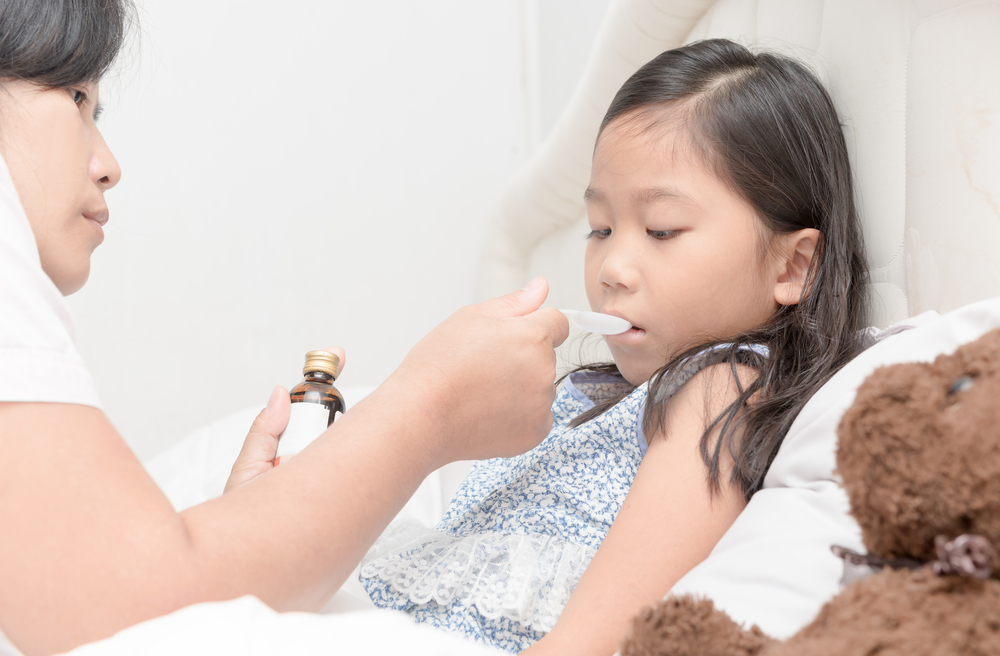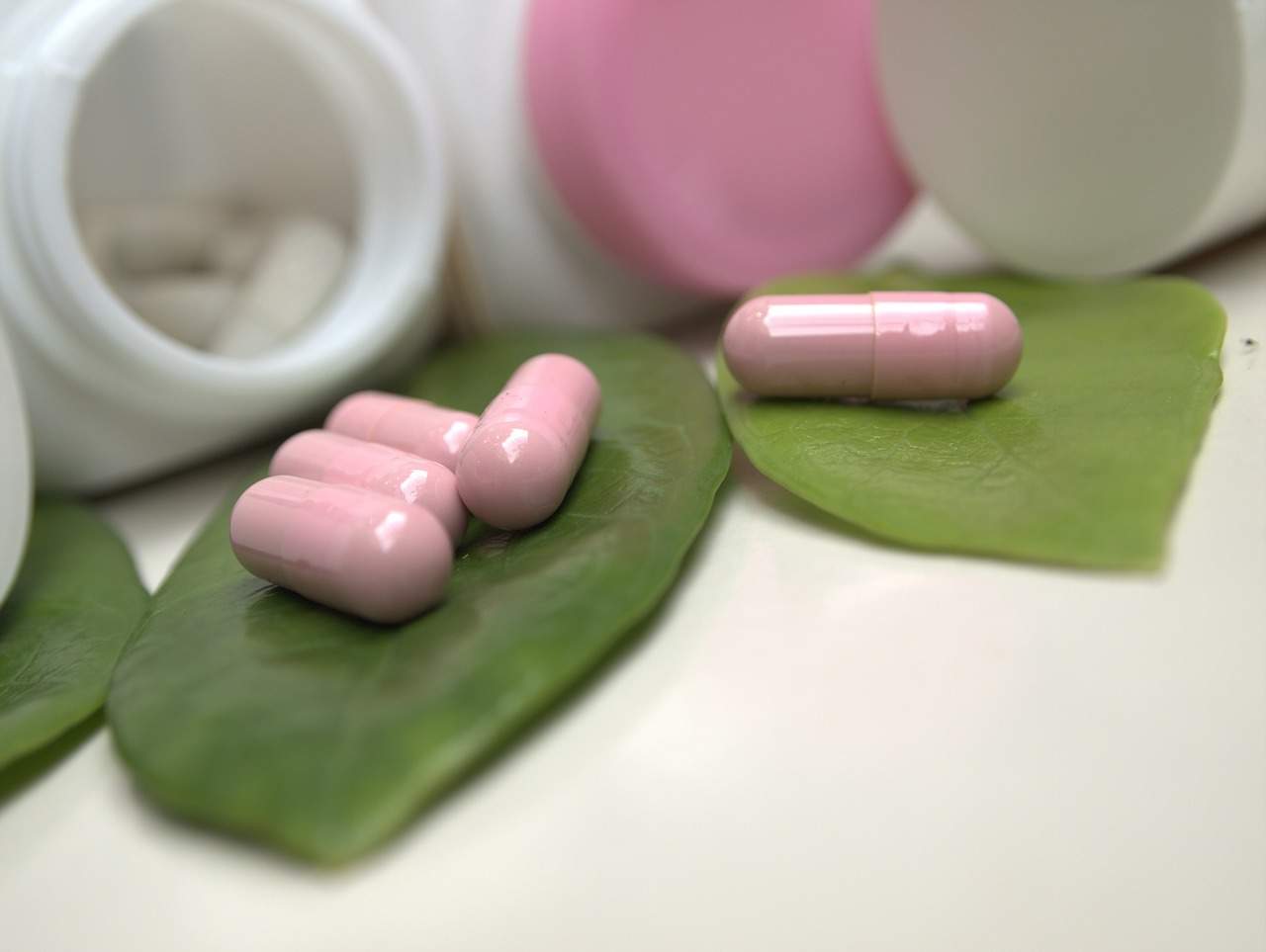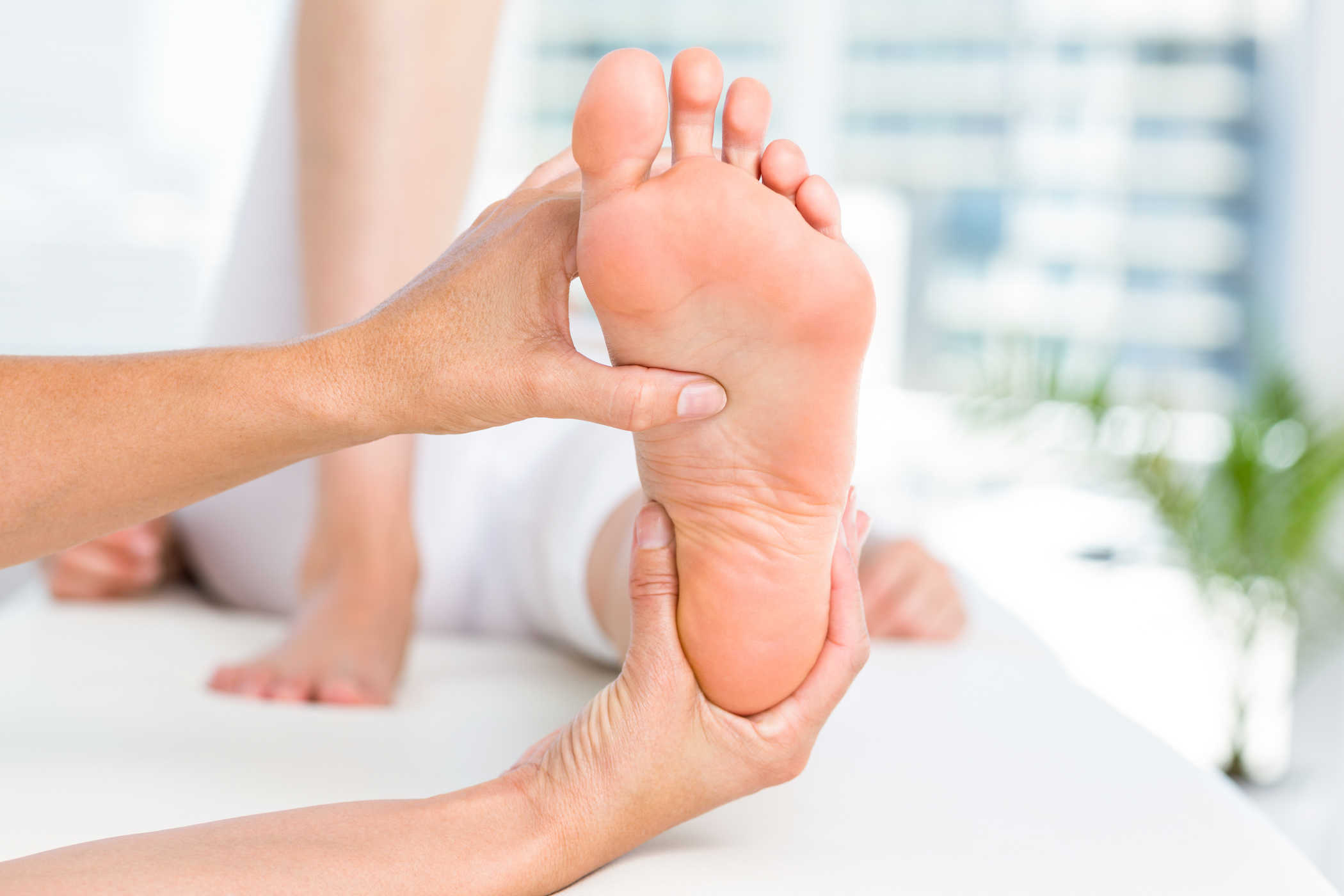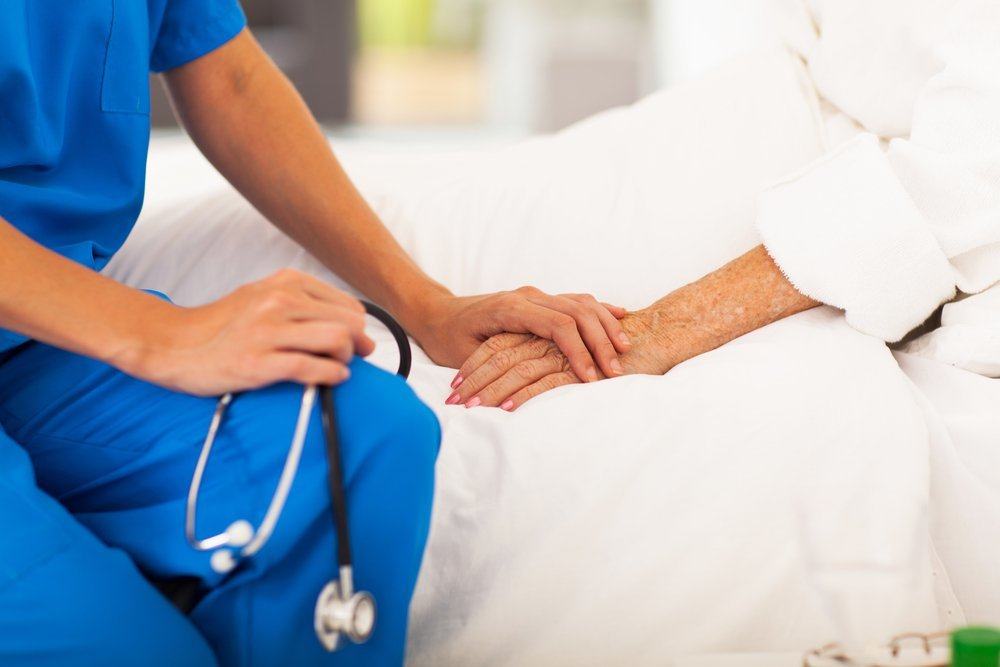Contents:
- Medical Video: Common medicine mistakes parents make with their kids
- Error taking medication in children
- 1. Give medication excessively
- 2. Using natural medicine without a doctor's permission
- 3. Give antibiotics in inappropriate conditions
- 4. Do not use the medicine spoon provided
- 5. Choose the dose of the drug based on the child's age, not body weight
Medical Video: Common medicine mistakes parents make with their kids
When a child is sick, parents must be worried about the situation and seek treatment to restore the child's health. Even though it was treated, it turned out that there were a number of errors taking medication given by parents to children. Instead of curing, it could be that the child's health condition even gets worse. What are the mistakes of taking medication that is often done by parents in children? Find out the answer in the following review.
Error taking medication in children
Reporting from Parents, every year an estimated 71,000 children are treated in an emergency room due to accidental drug poisoning. Experts say that many parents make a mistake when giving medicine to children. Errors can cause prolonged illness and side effects can be potentially serious, especially in infants and toddlers.
Daniel Frattarelli, M.D., former chairman of the committee of the American Academy of Pediatric in Dearborn, Michigan, said that the metabolism of children is still immature and perfect so they are more prone to risk of medication errors. The most appropriate step is to ask for an explanation of the doctor or pharmacist if you still do not understand about the medicines given. Then, don't forget to reread the label or the medication dosage you get from the pharmacy as a guide. Because, mistakes can occur when the drug is given. If parents reread the drug carefully, errors in the type of drug or dose can be avoided.
Following is the mistake of taking medication that is often done by parents to their children and how to avoid it, such as:
1. Give medication excessively
Children often get colds and you definitely don't have the heart to see him constantly tormented because of his blocked nose. Maybe you will buy a cold medicine in the shop to cure it. However, you need to know that many cold medicines on the market actually contain the same ingredients, namely acetaminophen (paracetamol). The content of the drug is indeed useful as a pain reliever during fever, which was found also in the drug tylenol. This means that the child will take two doses of acetaminophen if you treat it together with tylenol.
When the fever has subsided, you should stop using the drug. This gives the body an opportunity to strengthen its immune system to fight infection. Preferably, give a warm lukewarm compress in the armpit to help reduce fever.
Then, it is not permissible to give the drug more than the dose if the symptoms do not improve; usually cold medicine has a duration of six hours to drink again.
2. Using natural medicine without a doctor's permission
Do not use natural medicine along with prescription drugs, especially without the doctor's knowledge. Because, both types of drugs have different processes in the body. Possible functions of the two contradict each other in certain conditions so that it causes harmful reactions to the body.
3. Give antibiotics in inappropriate conditions
It might occur to you that antibiotics can help your child's immune system get stronger and kill the bacteria that cause infection. However, not all diseases are caused by bacteria. So, the use of antibiotic drugs is precisely not right.
In addition, giving antibiotics without a doctor's advice and being used in the long term can make the bacteria become resistant to treatment. Preferably, ask the doctor whether the child needs antibiotics or not. Most antibiotics are not used when the child's condition is getting better.
4. Do not use the medicine spoon provided
Often parents do not pay attention or ignore the spoons provided in syrup medicine packages. This can cause the syrup to be taken not according to the dosage. On the medicine package, a measuring spoon or millimeter-thick clear cup will be provided with a dose adjusted size.
Then use the spoon. Do not pour syrup with a tablespoon or teaspoon that is clearly different and inaccurate. This avoids over or under recommended medication.
5. Choose the dose of the drug based on the child's age, not body weight
Every child has a different weight even though he is the same age. Children who are overweight, on average, need medication more than the recommended dosage on the packaging label when metabolizing kefein and dextromethorphan in cough medicines. This does affect the effectiveness of the drug. Likewise if the child is underweight.
However, you need to note that if you want to overdose, consult your doctor first. In essence, the mistake of taking medication in children can be avoided if you have first asked for advice from a doctor or pharmacist and obeys the rules of drinking.












